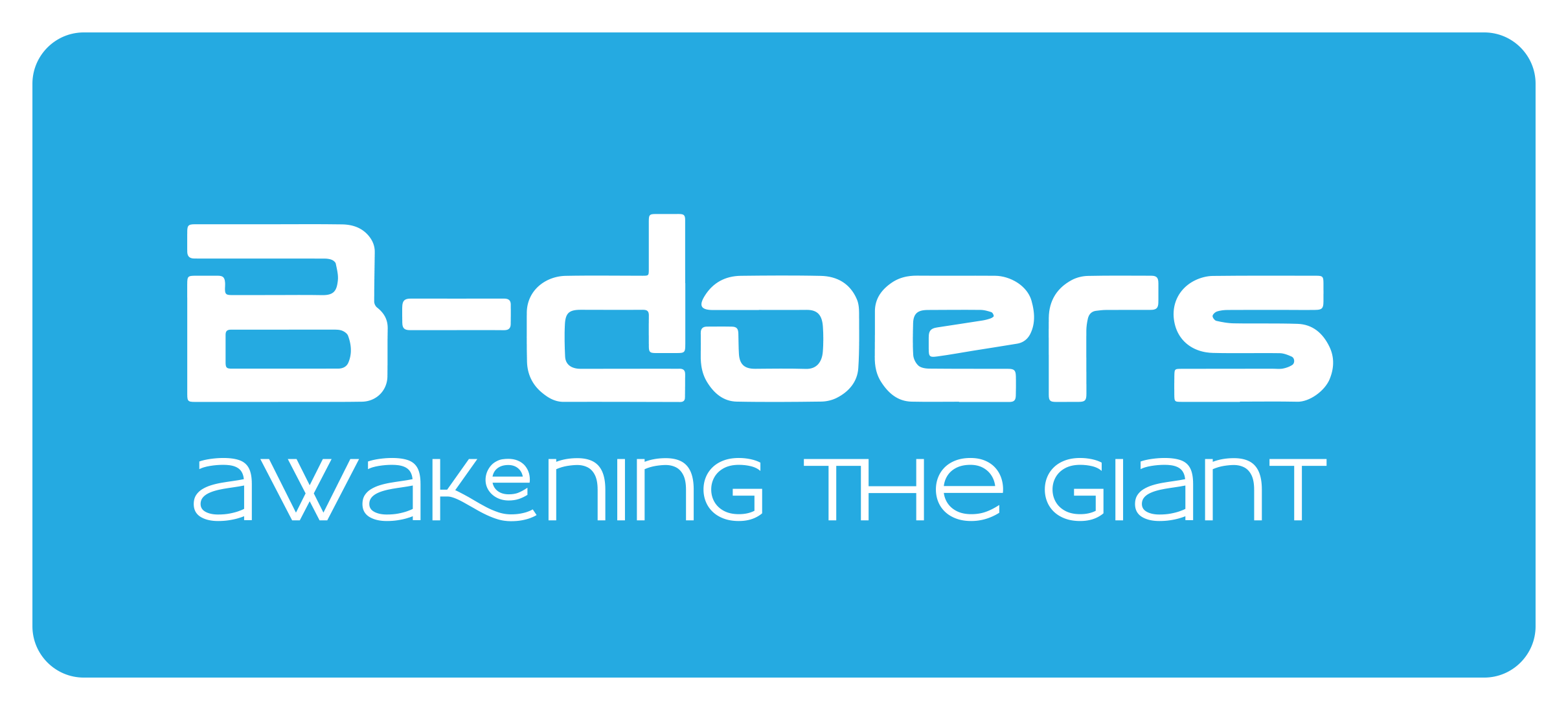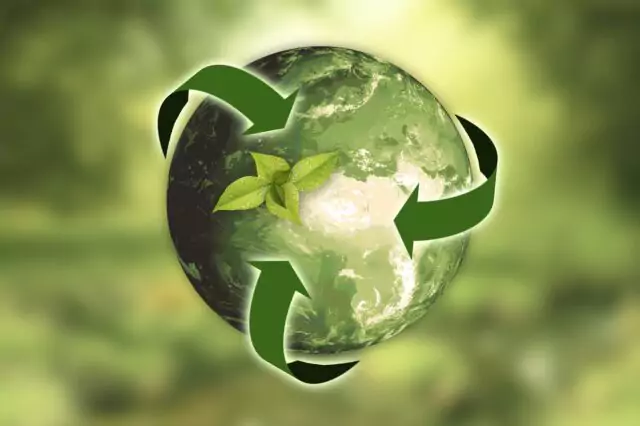Environmental impact and carbon emissions lessons
Introduction:
Our business, EcoLessons, is focused on addressing the urgent need to reduce carbon emissions and mitigate environmental impact in Africa. Our innovative business model combines education and technology to create interactive learning experiences that promote sustainable practices in businesses and communities across the continent. By partnering with local organizations, governments, and private sector stakeholders, we aim to create a sustainable and profitable business that will have a positive impact on the environment and the people of Africa.

Market Analysis:
Africa is home to some of the world’s fastest-growing economies, with a population of over 1.3 billion people. The region is facing significant environmental challenges, including deforestation, desertification, water scarcity, and air pollution. The need to address these issues has become increasingly urgent, as the continent is also facing the impacts of climate change, including rising temperatures, more frequent extreme weather events, and droughts.
There is a growing demand for sustainability solutions in Africa, and EcoLessons aims to fill this gap by providing interactive and innovative educational programs that promote sustainable practices in businesses and communities. Our target market includes companies, government agencies, NGOs, and schools across Africa.
Product and Services:
EcoLessons offers a range of environmental impact and carbon emissions lessons to promote sustainable practices. Our curriculum includes interactive lessons on topics such as waste management, energy efficiency, water conservation, and climate change. We use a combination of online and offline learning tools, including videos, animations, games, and virtual reality simulations.
In addition to our core curriculum, we offer customized training programs for specific industries and sectors, including agriculture, mining, and transportation. We also provide consulting services to help organizations develop and implement sustainable practices in their operations.
Revenue Model:
EcoLessons generates revenue through a combination of online course fees, consulting fees, and sponsorships. Our online courses are priced competitively to make them accessible to a broad range of learners. We also offer group discounts and special rates for schools and NGOs.
Our consulting fees are based on a project-by-project basis and include a range of services such as sustainability assessments, goal setting, and action planning. We also offer sponsorship opportunities for businesses and organizations that want to support sustainability initiatives in Africa.
Marketing and Sales:
Our marketing strategy focuses on creating partnerships with businesses, governments, and NGOs across Africa. We use a combination of online and offline marketing channels to reach our target audience, including social media, email marketing, events, and direct outreach.
Our sales strategy includes offering free trial periods for our online courses to potential clients, as well as providing custom quotes for consulting and sponsorship services.
Management Team:
Our management team has a diverse set of skills and expertise, including experience in education, sustainability, and technology. We also have a network of advisors and partners across Africa, including environmental experts, business leaders, and NGOs.
Financial Projections:
We project revenue of $1 million in our first year of operations, with a net profit of $200,000. By year five, we aim to generate revenue of $10 million, with a net profit of $2 million. We plan to reinvest a portion of our profits into expanding our curriculum and technology platforms, as well as partnering with more organizations across Africa.
Conclusion:
EcoLessons is an innovative business that addresses the urgent need to reduce carbon emissions and mitigate environmental impact in Africa. Our combination of education and technology creates interactive learning experiences that promote sustainable practices in businesses and communities. By partnering with local organizations, governments, and private sector stakeholders, we aim to create a sustainable and profitable business that will have a positive impact on the environment and the people of Africa.







